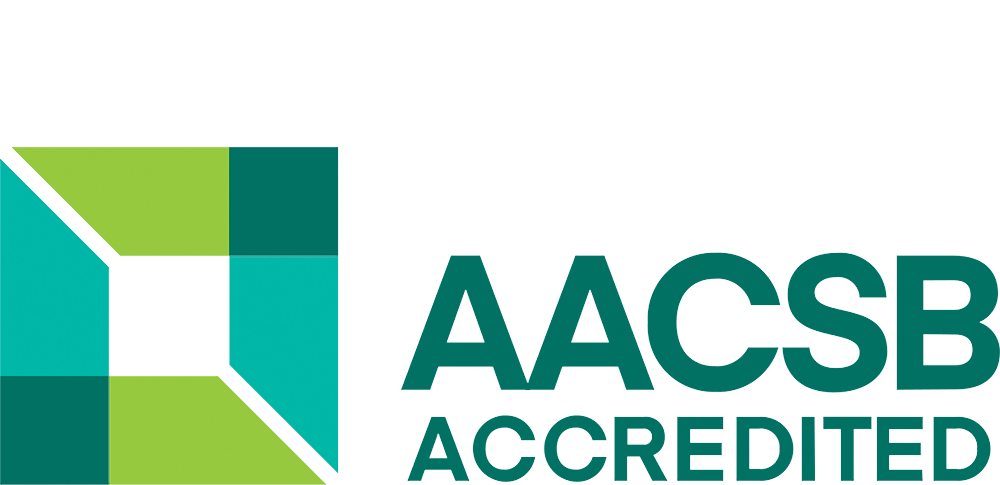Supply chain refers to management of the entire logistics chain for a product, from its production until it is delivered to the customer. Today, due to the increasingly international nature of organisations, supply chains have become complex and require specific technical skills to operate smoothly. To open doors to supply chain jobs, the business school IPAG runs a master's course that covers the various logistics and management methods.
What is supply chain?
Supply chain includes all the constituent parts of the value chain of a good or service. It follows the various stages of supply all the way up to distribution, via the different steps involved in planning, production and control. Supply chain comprises different types of flows, including information, physical objects, finance and administration. It is the management of these flows that enables a company to remain in control of its production and meet deadlines.
What is the difference between supply chain and logistics?
Supply chain should not be confused with logistics. Logistics involves the management of physical flows, in a warehouse for example. It is focussed on the management of incoming products, stocks, packaging and goods transport. The aim is to get the right product to the right destination, in the desired quantity, while meeting time and cost requirements. Logistics is therefore an integral part of supply chain, while supply chain is a broader concept that encompasses all the flows related to a product, from purchasing of raw materials to delivery to the end customer.
What are the aims of supply chain?
Beyond the concept of a series of steps that a product or service follows, from its creation to its receipt by the end customer, a supply chain can be used to make a company more competitive in its market.
In a highly competitive environment, it is essential for companies to develop a competitive advantage by having full knowledge of their supply chains. Supply chains are now part of an environment that is characterised by greater speed, flexibility and personalisation. This is why the ultimate aim of a supply chain is to control all of the costs and risks linked to each step, so as to optimise processes and productivity.
Which jobs are involved in supply chain?
Of crucial strategic importance to companies, supply chain jobs are found in various sectors, ranging from industry to services and retail. They are central roles within a company. Here are a few examples:
- Supply chain manager is responsible for the supply chain management strategy. It is a cross-functional position that involves overseeing and coordinating actions with all stakeholders in the supply chain.
- The role of the procurement manager is focussed on the company’s purchasing strategy. They are responsible for sourcing suppliers to ensure that all production sites have the materials they need to operate.
- The production planner prepares for future production and plans all the necessary resources (raw materials, labour, equipment availability, etc.) to ensure that the company is running at full capacity.
- The risk manager has a key role within supply chain management. This job involves identifying risk areas in the supply chain related to various issues, such as product quality, compliance with standards for safe working conditions and environmental protection, and fulfilment of supplier commitments. The risk manager is in a position to prevent and resolve disputes with all stakeholders in the supply chain (including suppliers, clients, partners and employees).
- The position of sales forecaster remains little known, but it is highly strategic for companies. The main part of this job is forecasting demand for future sales by analysing the company’s data. This forecasting is essential to be able to correctly adjust production.
- These positions are in high demand by recruiters, which are looking for specialist profiles, both in France and internationally. There are courses available to prepare you for these international roles and meet the challenges of international growth.







